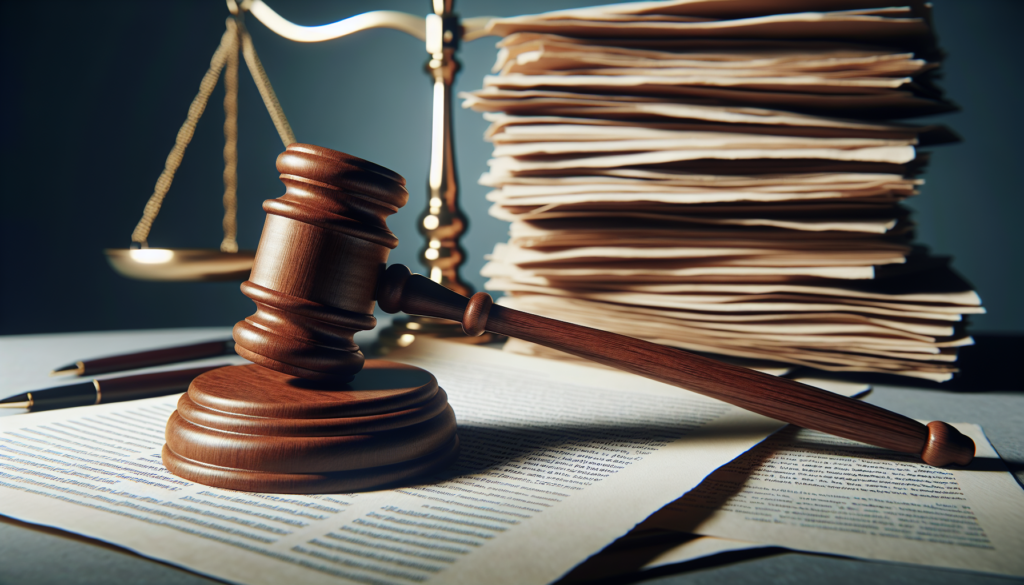
If you’re on the fence about filing for bankruptcy, it’s crucial to weigh the pros and cons carefully and consider your unique financial situation. Here are some steps and considerations to help you make a more informed decision:
1. Assess Your Financial Situation:
- Debt Inventory: Make a comprehensive list of your debts, including credit card debt, medical bills, loans, and any other obligations. Understanding the magnitude and types of your debts can provide clarity on whether bankruptcy could offer the relief you need.
- Asset Evaluation: Evaluate your assets and understand what might be at risk in a bankruptcy filing. Different bankruptcy chapters treat assets differently, and understanding these nuances is crucial.
- Income Analysis: Consider your income and expenses. If you’re unable to meet your basic needs while paying off debts, bankruptcy might offer a path to a more sustainable financial situation.
2. Understand the Implications of Bankruptcy:
- Credit Impact: Recognize that bankruptcy will have a significant negative impact on your credit score for several years, affecting your ability to obtain credit, the interest rates you’ll be offered, and possibly even your employment or housing options.
- Long-Term Relief vs. Short-Term Drawbacks: Weigh the immediate relief bankruptcy can provide against the long-term consequences. While it can discharge or reorganize your debts, the impact on your credit and the potential loss of assets are significant factors to consider.
3. Explore Alternatives:
- Debt Management Plans: Consider working with a credit counseling agency to create a debt management plan, which can consolidate your debts and potentially lower interest rates.
- Debt Settlement: Explore the possibility of negotiating with creditors to settle debts for less than what you owe.
- Budget Adjustments: Sometimes, restructuring your budget and cutting expenses can free up enough funds to manage your debt without resorting to bankruptcy.
4. Seek Professional Advice:
- Consult with a Bankruptcy Attorney: An initial consultation with a bankruptcy attorney can provide valuable insights into how bankruptcy would affect your specific situation and help clarify the legal and financial implications.
- Credit Counseling: Mandatory pre-bankruptcy credit counseling can also offer a professional evaluation of your financial situation and potential alternatives to bankruptcy.
5. Consider Your Emotional Well-being:
- Stress and Anxiety: Acknowledge the emotional toll that debt can take. For some, the relief from creditor harassment and the chance to start fresh outweigh the negatives of bankruptcy.
- Stigma and Self-Perception: Consider how you feel about the stigma associated with bankruptcy and whether you’re prepared to handle the potential judgments from others.
6. Think About the Future:
- Rebuilding Credit: Have a plan for rebuilding your credit post-bankruptcy, which can include secured credit cards, small installment loans, and consistent, on-time payments.
- Financial Habits: Use this as an opportunity to reflect on the financial habits that led to your current situation and how you can change them moving forward.
Deciding whether to file for bankruptcy is a significant decision that requires a thorough evaluation of your financial situation, an understanding of the legal implications, and a consideration of your personal values and future goals. Taking the time to carefully analyze your circumstances and seeking professional advice can help you make a choice that aligns with your long-term financial well-being.


Get a Free Bankruptcy Case Evaluation